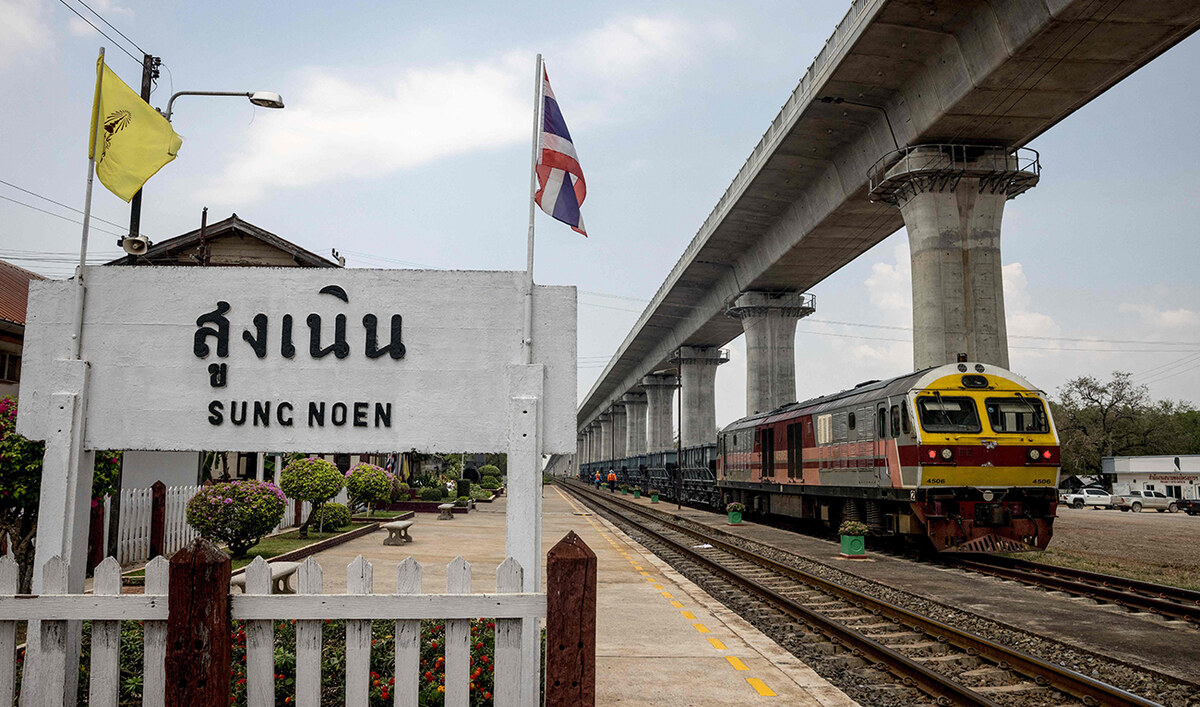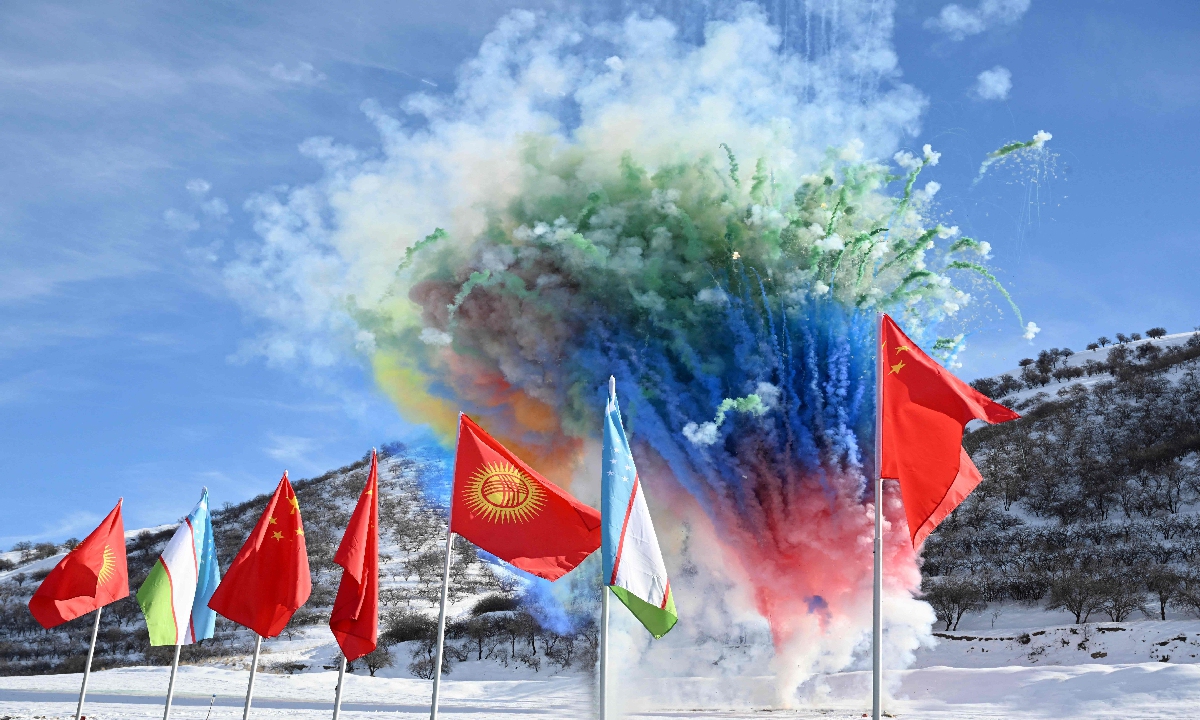MOGADISHU: Somalia’s President Hassan Sheikh Mohamud on Saturday accused Ethiopia of not accepting his country as a sovereign state.
And he renewed his attack on Addis Ababa’s agreement with a breakaway Somali region.
“Ethiopia refuses to recognize Somalia as a sovereign neighboring country,” Somalia president said Saturday during an address to the nation.
“Until it recognizes the sovereignty of Somalia, we cannot talk about a sea or any other thing. Ethiopia violated international law.”
Earlier this year, Ethiopia signed a memorandum of understanding with Somaliland to lease 20 kilometers (12 miles) of coast for 50 years.
That would give Ethiopia — one of the world’s largest landlocked countries — long-sought after access to the sea.
Somaliland — which unilaterally declared independence from Somalia in 1991 — has said Ethiopia in return will become the first country to formally recognize it, a step Addis Ababa has yet to confirm.
The United States, the European Union, China, the African Union and the Arab League have all called on Ethiopia to respect Somalia’s sovereignty.
Turkiye is coordinating indirect talks between Somalia and Ethiopia, with Turkish Foreign Minister Hakan Fidan citing “notable progress” after a second round of talks last Tuesday.
A third round is planned for September 17, also in Ankara.
With 120 million people, Ethiopia is the second most populated country in Africa. It has been seeking an outlet to the Red Sea ever since losing it in 1993 when Eritrea declared independence after a decades-long war.
Somaliland, which is relatively stable compared to the rest of the Horn of Africa region, has its own institutions, prints it own money and issues passports.
But it is poor and isolated because of the absence of any international recognition, despite its strategic location on the straits leading to the Red Sea and the Suez Canal.





























